
Group 5 – Preclinical evaluation of biomaterials
Research directions:
- Evaluation of biocompatibility/toxicity of biomaterials in vitro and in vivo
- Study of biomaterials with osteoconductive and osteoinductive properties
- Study of mechanisms of bone healing
- Investigating nanoparticle and macromolecular behavior in biologically relevant environments
- Develop biomaterials for cancer treatment and diagnostics
Fields of expertise:
- Toxicity/biocompatibility studies of biomaterials, small molecules, and biologics in vitro (cells) and in vivo (mice, rats)
- Pharmacokinetic studies in mice and rats
- Fluorescence and X-ray tomography (mice)
- Super-resolution microscopy (STED)
Group Leader: Antons Sizovs, PhD
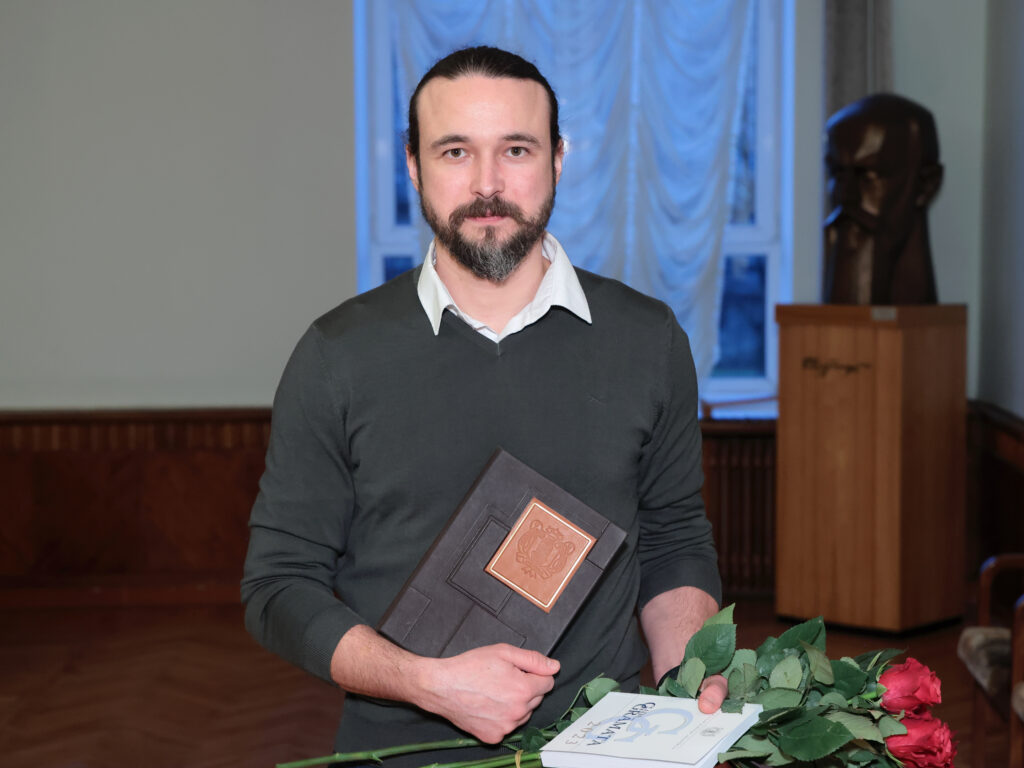
Antons is a senior scientist at the Latvian Institute of Organic Synthesis. He earned his PhD in Chemistry from Virginia Tech, USA, specializing in the development of carbohydrate-based polymers for nucleic acid delivery applications. Following this, he completed a five-year postdoctoral training in the Department of Pharmacology at Baylor College of Medicine, where he focused on the pharmacology of nanoparticles. He then joined the Houston Methodist Research Institute in Houston, USA, working on drug-releasing medical implants. In 2020, Antons joined BBCE as the leader of the Preclinical Biomaterial Evaluation Group. His research interests include biomaterials and nanoparticles for cancer research, diagnostics, and treatment, as well as preclinical studies of biomaterials for bone defect management.
Postdoctoral researcher: Dr.pharm. Baiba Švalbe
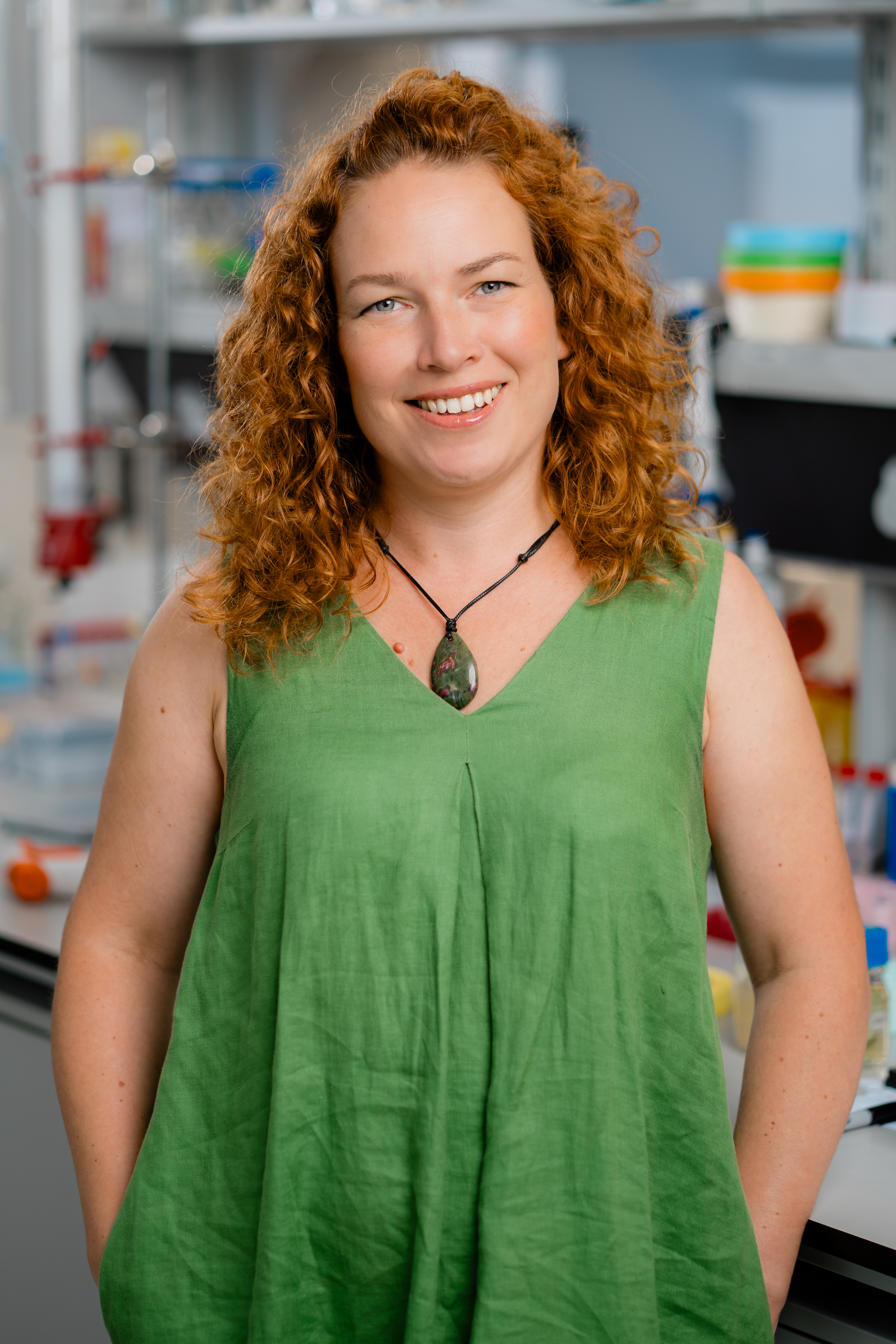
ORCID ID: 0000-0001-8390-773X
Dr.pharm. Baiba Švalbe has a strong background in biology and extensive experience in in vivo experiments, particularly in studying the pharmacological mechanisms of novel therapeutic agents. She completed a postdoctoral project titled "The Role of the Sigma-1 Receptor in Sexual Behavior" and has contributed substantially to research projects focused on evaluating and developing new anticancer drug candidates. As a member of SFG5, Dr. Švalbe is actively involved in the preclinical evaluation of innovative biomaterials for cancer treatment and diagnostics, as well as biomaterial-based interventions for bone defect management.
Postdoctoral researcher: Dr. Mahuya Pakhira
ORCID ID: 0000-0002-3352-4586
Dr. Mahuya Pakhira is a postdoctoral researcher focused on the synthesis of biomaterials for drug and nucleic acid delivery applications. She earned her Ph.D. in polymer chemistry in 2023 from the Indian Association for the Cultivation of Science (IACS) in Kolkata, India. Her doctoral research expertise her in the synthesis of electroactive graft copolymers using the controlled radical polymerization and development of polymeric membranes and sensors.
Postdoctoral researcher: Dr. Mingjia Chen
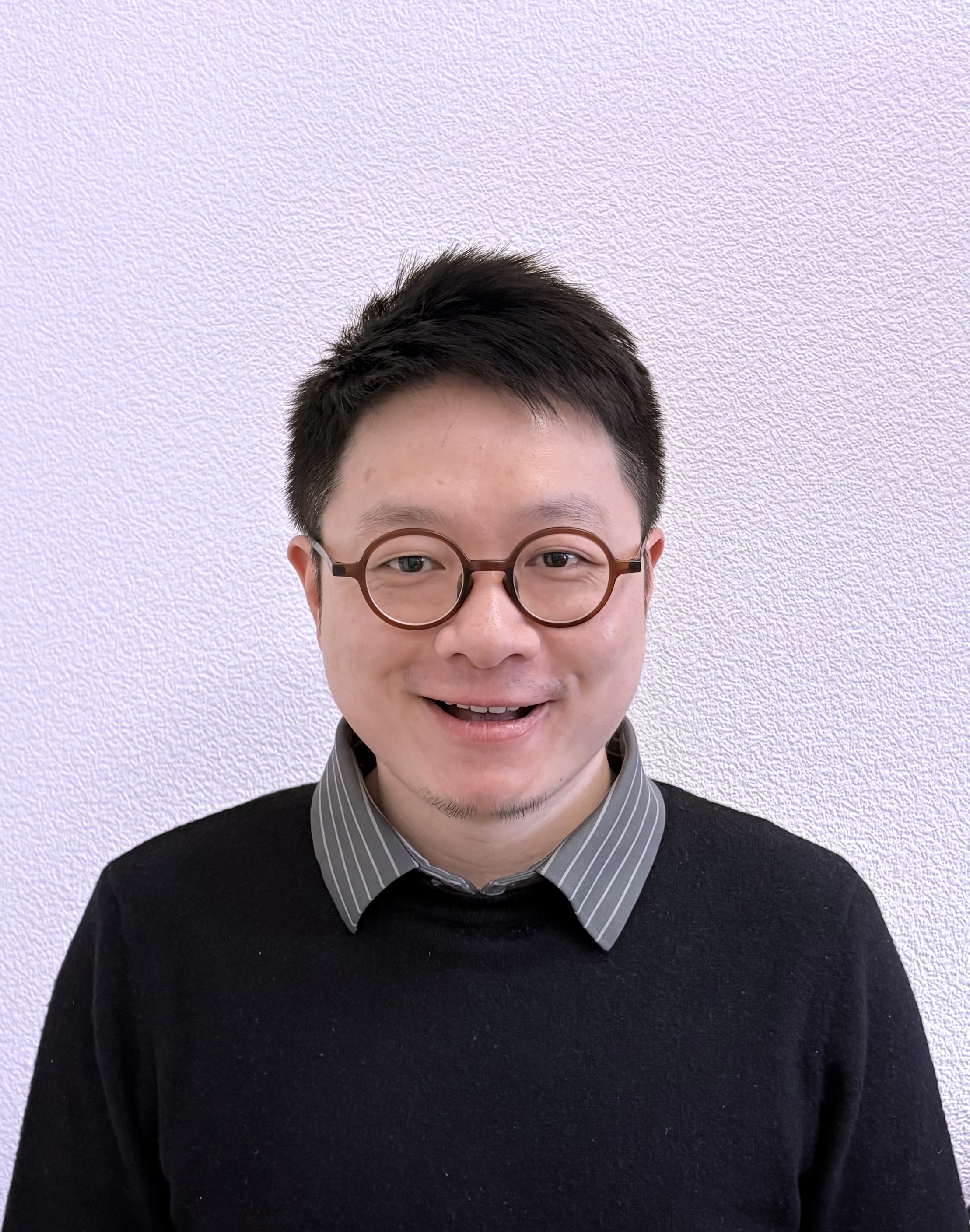
Dr. Mingjia Chen is a researcher at the Latvian Institute of Organic Synthesis, working on the BBCE project with a focus on the ultra-high molecular weight polymers for biomedical applications. Prior to joining BBCE, Dr. Chen was engaged in early-stage clinical research in Shenzhen, China, investigating peptide-drug conjugates for enzyme-targeted therapies within the tumor microenvironment. He obtained his PhD from the Max Planck Institute for Polymer Research in Germany in 2020, where his work centered on photoactivated metallo-polymer micelles for overcoming multidrug resistance. His research integrates expertise in polymer chemistry, biomaterials and nanomedicines, contributing to development of innovative therapeutic strategies.
Postdoctoral researcher: Dr. Med. Dent., Mr. Sc., Dr. Med. Sc. Victor Palarie
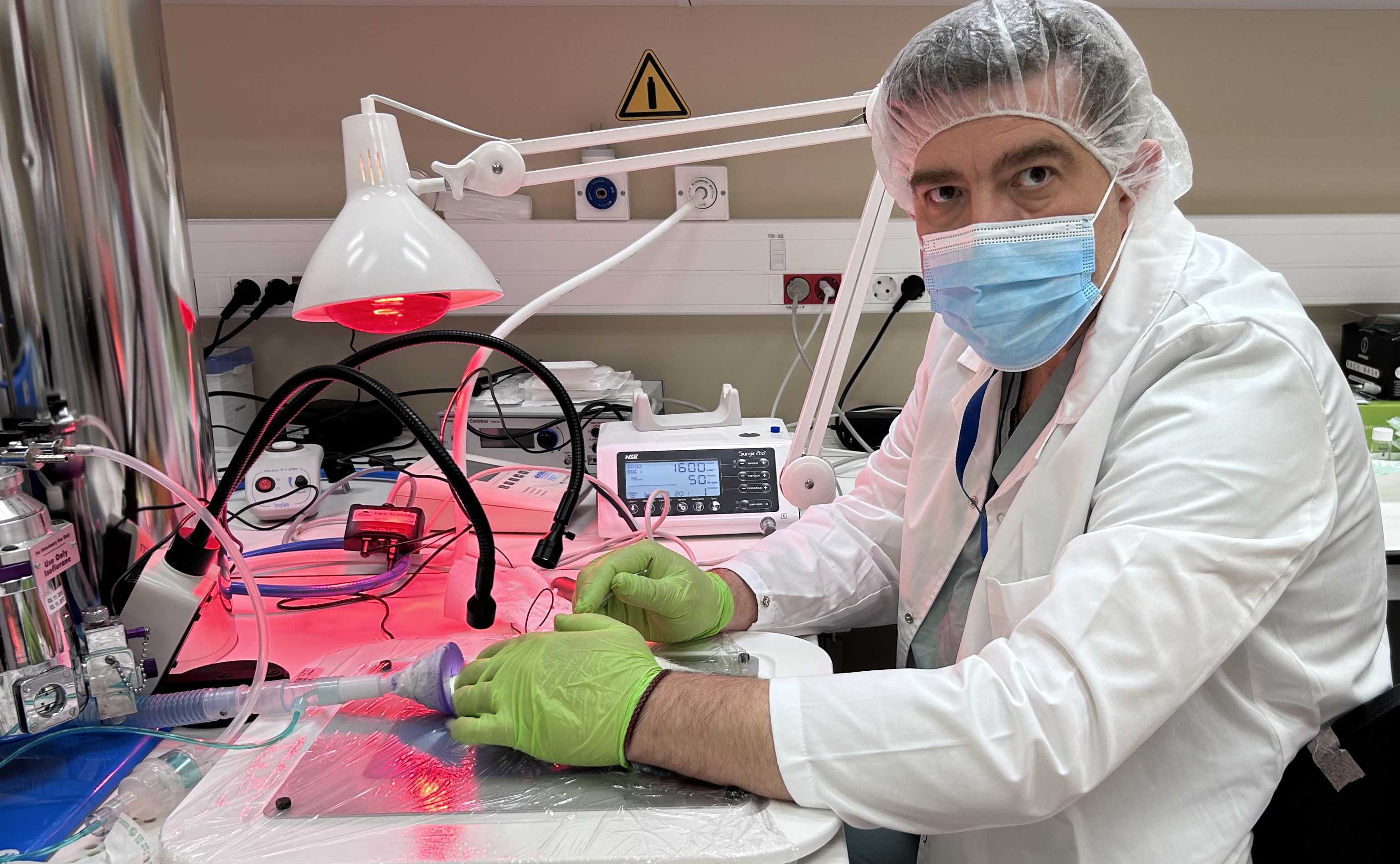
ORCID ID: 0000-0003-1420-7523
Victor Palarie obtained a Ph.D. in 2021 by defending a Thesis in Medical sciences. He has more than ten years of scientific experience in oral surgery and implantology, bone tissue engineering, including biomaterials and growth factors. In the BBCE project,V. Palarie is involved in the biomaterial research field while working on research in in-vivo model for testing biomaterial added bone regeneration.
Doctoral student: Ms. Julija Bulatova
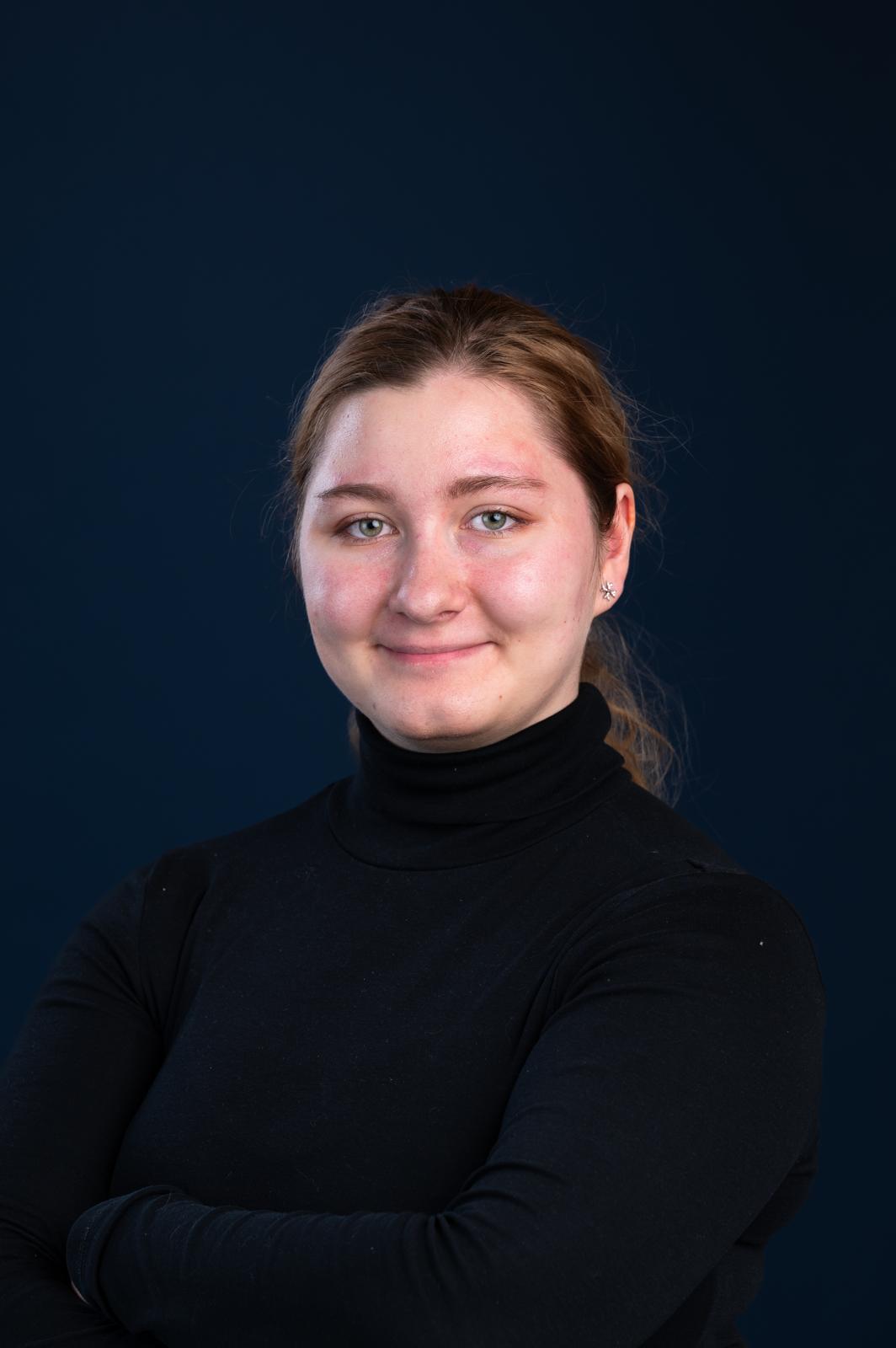
ORCID ID: 0009-0000-5462-4781
Ms. Julija Bulatova obtained her Master’s degree in Pharmacy from Riga Stradins University in 2024. She started her PhD studies in Health Sciences/Pharmacy at RSU in 2025 and works toward development of analytical methods to study nano permeability of malignant tumours.
BBCE project´s main objective is to establish a joint Baltic Biomaterials Centre of Excellence for advanced biomaterials development based on the long-term strategic cooperation between AO Research Institute Davos, Switzerland (ARI) and Friedrich-Alexander University of Erlangen-Nuremberg, Germany (FAU) on the one hand and RTU RBIDC, LIOS, RSU and RSU IS on the other hand.


